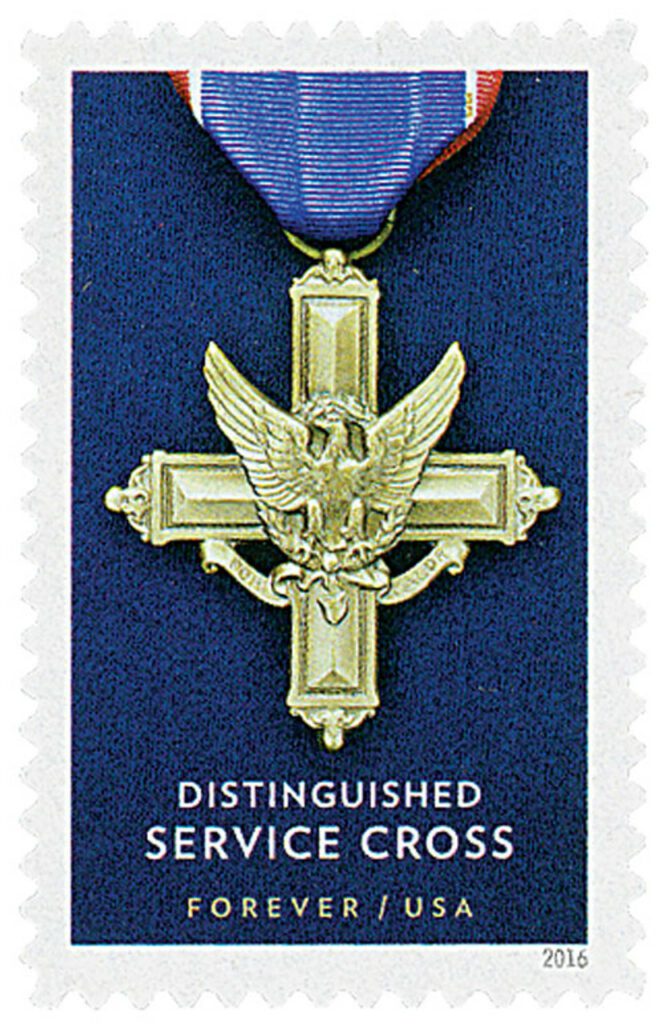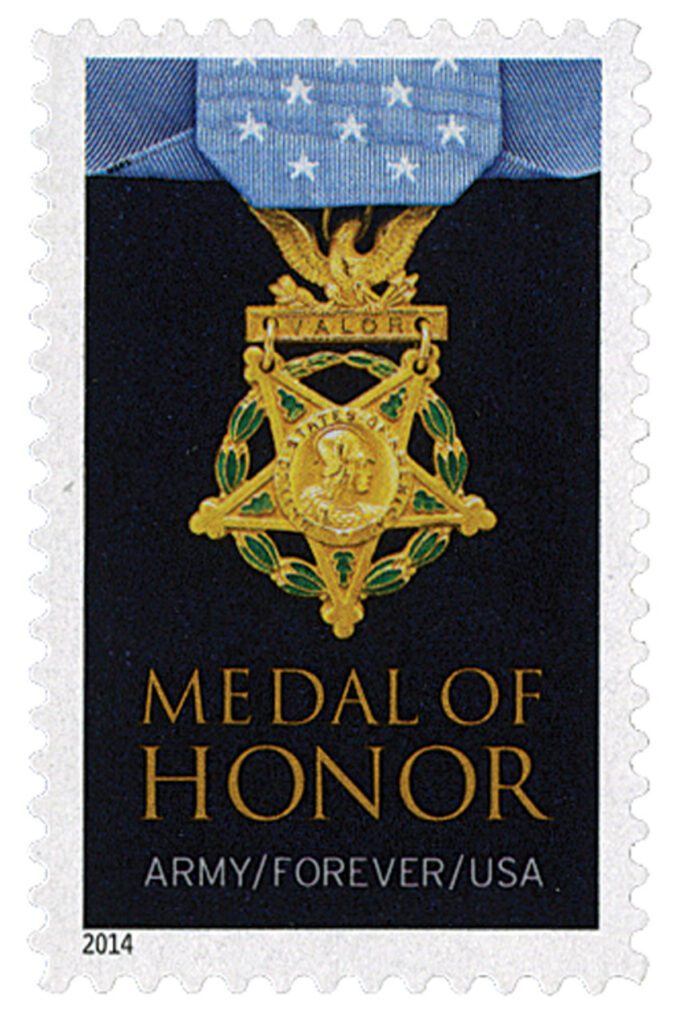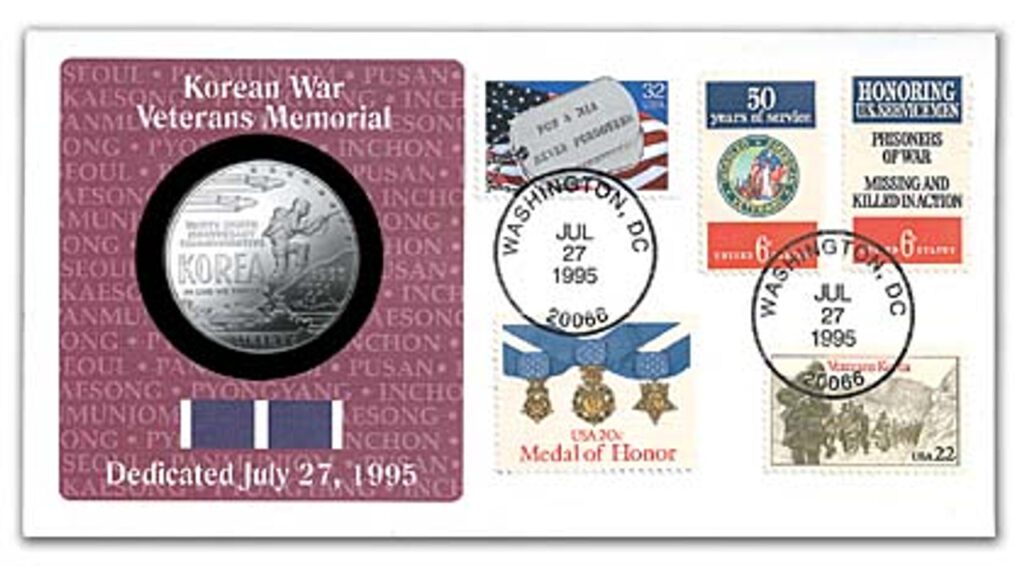On February 13, 1951, the Battle of Chipyong-ni, sometimes called the “high-water mark” of the Chinese fighting in Korea, began.
Chinese forces first entered Korea in November 1950. UN troops were caught off guard and uncertain of their intentions or capabilities and drew back to the 38th parallel. When it became obvious that the Chinese had overstretched their supply lines, General Matthew B. Ridgeway decided to make a stand at Chipyong-ni, a key road intersection.
The 23rd Infantry Regiment arrived in advance of the People’s Volunteer Army (PVA) and dug defenses, prepared artillery, and set up communications. Three battalions, including one from France, reinforced them. General Paul Freeman Jr. was in command of 4,500 men.
The Chinese first set up around Chipyong-ni during the afternoon of February 13, 1951, but all their attacks were held off. As General Paul Freeman predicted, the Chinese launched their attack that night. Between 10 pm and 7:30 am, the Chinese led multiple attacks on several French and American positions.

Though some of these attacks forced the Americans to move back from their positions, they eventually regained their ground with a minimal loss of life. General Freeman was wounded in the leg during that first night of fighting. He refused to be evacuated and insisted on remaining in Chipyong-ni until the battle was over. He was later awarded the Distinguished Service Cross for his bravery and leadership there.

The Chinese called off their attacks on the morning of the 14th, as they knew the Air Force would soon be able to strike on them with ease. Fighting was minimal during the day but resumed again that night. The Americans were dangerously low on ammunition, so the Air Force began dropping it down along with flares, so the troops could find the much-needed supplies. The battle continued through the night and into the next afternoon. With the threat of Air Force napalm bombardment, the Chinese withdrew from battle. Chipyong-ni was a major morale booster for the Americans, who had previously seen the Chinese as unbeatable.
The Battle of Chipyong-ni proved to be a turning point in the war as the PVA began retreating north across the 38th Parallel. The battle has been called the “Gettysburg of the Korean War” and the high water mark of the Chinese involvement in the war.
| FREE printable This Day in History album pages Download a PDF of today’s article. Get a binder or other supplies to create your This Day in History album. |
Discover what else happened on This Day in History.




Who was your source?
Thank you Mystic. I feel not enough credit is given to our brave military who sacrificed for our nation during the Korean War. Great that this is today’s lesson.
Important information, thanks for remembering these gallant veterans. The Korean War (once refreed to as a police action) is often considered the forgotten war. Certainly not by the surviving veterans.
Having been pushed back by U.N. forces (American and French), the Chinese pretty much gave up on their goal of pushing U.N. forces out of Korea and uniting the peninsula under communist rule. Truce talks began soon after.
Good story for a war not many know about.
Donot forget how many died in that forgotten war
What about the battle of Bunker Hill? Aug ,1952.I was there and it techs in my mine for ever.
I was there in 52-54. Musanni [may have miss spelled it.] I remember what it looked like then. You should see it now. I will never forget what happened there. Same for my time in Vietnam.
MYSTIC’s comment on Stamp #2512 was “…retreating from the Chosin Resverior.” The General of the 1st Marines said: “Retreat, Hell! We’re just attacking in another direction.” God bless the United States Marine Corps.
Navv Veteran 1957-1961